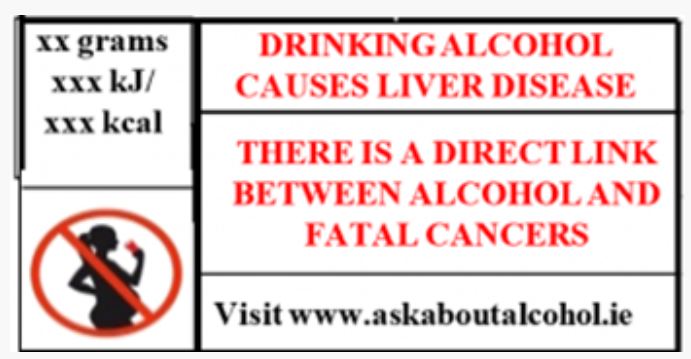There has been a 10% increase in the number of alcohol treatment cases in the past year.
Data from the Health Research Board (HRB) shows the number of people in alcohol treatment is now exceeding pre-COVID levels and is the highest annual total in over a decade.
A total of 8,163 cases were treated for problem alcohol use in 2023 - a 10% increase on the 7,421 cases reported in 2022.
The HRB revealed that new cases in alcohol treatment accounted for more than two-in-five cases. One-in-four cases involved polydrug use.
The proportion of all cases whose alcohol use was classified as 'hazardous' has increased from 10% in 2017 to 13% in 2023.
Those cases whose alcohol use was classified as 'harmful' has increased from 16% in 2017 to 22% in 2023.
A typical case is likely to be in aged their early-40s male and likely to be unemployed, the HRB says.
Women entering alcohol treatment are likely to be in mid-40s, almost half are unemployed and more than half live with a child under-17.
'Extent of problem alcohol use'
Junior Minister for Public Health Colm Burke says the data is vital for the monitoring and planning of services.
“While it is welcome that more cases of problem alcohol use are receiving treatment, the data serves as a reminder of the extent of problem alcohol use and the harmful impact of alcohol dependency," he said.
"It is clear that as a society that we must reduce our consumption of alcohol through a public health response.
"Treatment services are dealing with more complex cases, as the high consumption of alcohol is combined with use of illicit drugs such as cocaine and cannabis.
"That is why we need treatment services that are flexible and person-centred, and I am committed to ensuring that we continue to provide the necessary resources to achieve this," he added.
Changes
A broadcast watershed from January 2025 will restrict the times for alcohol advertisements on radio and television, reducing children's exposure to these ads.
It will be followed in May 2026 by the implementation of new health labelling requirements for alcohol products.
The labels will warn about the risk of consuming alcohol when pregnant and will also warn of the risk of liver disease and fatal cancers from alcohol consumption.
 An example of the proposed warning label to be put on alcohol products from May 2026. Image: CEEV
An example of the proposed warning label to be put on alcohol products from May 2026. Image: CEEVEstimated public expenditure on drug and addiction services in 2024 is €163m.
The figure includes an additional €6m to expand drug services in the community.
Funding of €500,000 was also provided in 2023 to expand community-based drug and alcohol services.
The Department of Health says it is also prioritising prevention initiatives, with €1.5m allocated to five projects last year designed to reduce drug and alcohol use.









